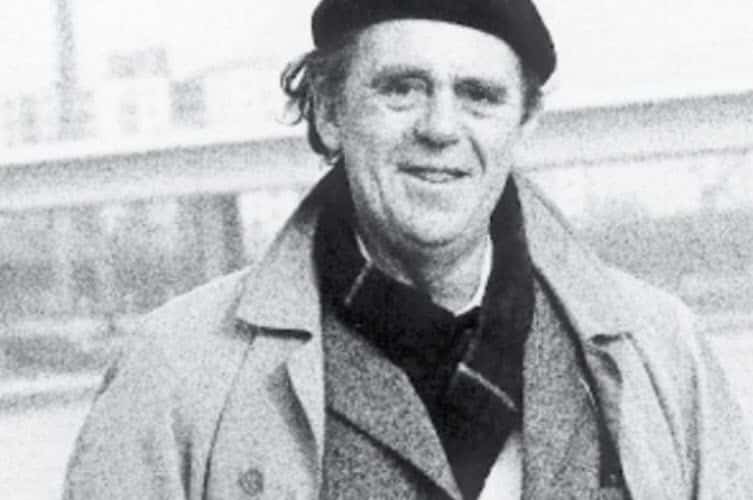Heinrich Boll (21 December 1917 – 16 July 1985) was a German writer. In 1972, Heinrich Boll was awarded the Nobel Prize in Literature.
Life and Career
He was born on 21 December 1917, in Cologne, Germany.
Growing up in a middle-class Catholic family, his upbringing instilled in him a strong sense of social justice and moral responsibility. Boll’s experiences during World War II greatly influenced his later works, as he witnessed the horrors of war and its impact on humanity.
His literary journey began in the aftermath of the war. Despite having no formal higher education, his passion for writing led him to produce numerous impactful works. In 1949, he published his first novel, “Der Zug war pünktlich” (“The Train Was on Time”), which gained critical acclaim for its unflinching portrayal of the war’s aftermath.
His literary career began in the late 1940s, and he gained recognition for his honest and critical portrayal of post-war Germany. His works often explored themes of war, morality, and the individual’s struggle to maintain integrity in a corrupt society. Boll’s writing style was characterized by its clarity, precision, and empathy for the common people.
One of Boll’s most renowned novels is “The Train Was on Time” (1949), which depicts the journey of a young soldier heading to the Eastern Front during World War II. The novel examines the dehumanizing effects of war and reflects Boll’s anti-war sentiments. Another notable work is “Billiards at Half-Past Nine” (1959), which delves into the moral dilemmas faced by a German family across three generations.
Beyond his literary contributions, Boll also played an active role in German cultural and political life. He co-founded Group 47, a collective of post-war German writers, and was involved in various human rights organizations. Boll’s activism and his commitment to social justice made him a respected figure in German society.
Heinrich Boll passed away on 16 July 1985, in Kreuzau, Germany.
Award and Legacy
In 1972, Heinrich Boll was awarded the Nobel Prize in Literature for his insightful writings that “through their combination of a broad perspective on his time and a sensitive skill in characterization, contribute to a renewal of German literature.”
His work continues to inspire and influence writers worldwide, leaving behind a profound and enduring legacy. His contributions to literature have garnered critical acclaim and numerous accolades, including the Nobel Prize in Literature in 1972. Boll’s relentless social critique, his unwavering commitment to moral integrity, and his exploration of complex human dilemmas have solidified his place as a literary mastermind.
Boll’s legacy can be seen in the works of subsequent generations of writers who were influenced by his style and themes. His honest portrayal of society, the exploration of personal and societal morality, and the examination of existential questions have shaped the literary landscape and continue to resonate with readers.

